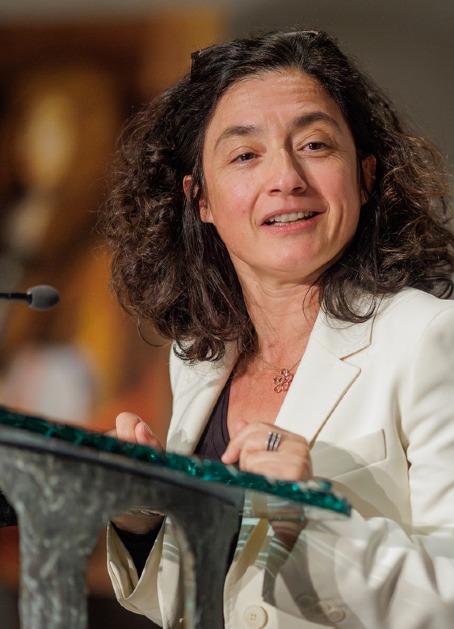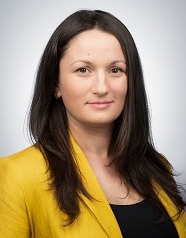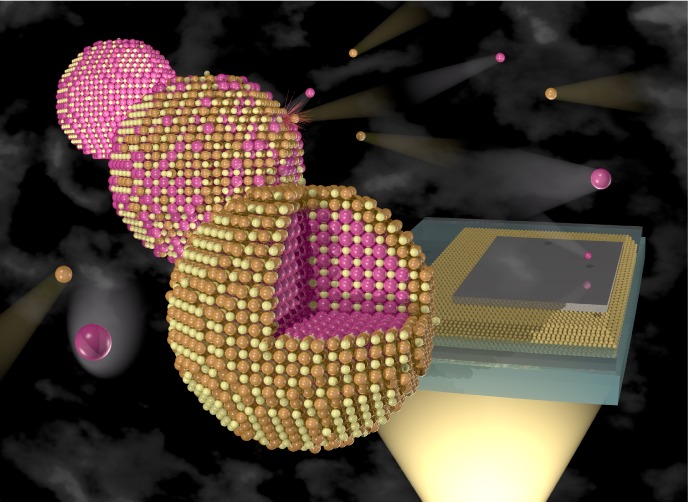NWO-financiering voor betere beeldsensoren

Voor onderzoek naar betere beeldsensoren ontvangt prof. Maria Antonietta Loi van het Zernike Institute for Advanced Materials een subsidie van EUR 1 miljoen vanuit het NWO Open Technologieprogramma (OTP). Met een interdisciplinair team gaat ze een type beeldsensor voor smartphones ontwikkelen, dat gebruikt kan worden voor belangrijke nieuwe taken zoals gezondheidsbewaking, nachtzicht en autonoom rijden.
Loi coördineert het project, co-aanvrager is Dr. Loredana Protesescu. Industriële partners nemen zo’n EUR 240.000 van het totaalbedrag voor hun rekening.
Protesescu: "Met dit uitzonderlijke team gaan we wetenschappelijke en technologische hindernissen overwinnen om een nieuwe en goedkope beeldsensor te leveren, die naast een maatschappelijke impact ook een enorme economische impact zal hebben."
Grotere gevoeligheid
Als beeldsensoren zoals die nu in elke smartphone zitten een grotere gevoeligheid zouden hebben in het kortegolflengte-infraroodgebied (SWIR), zouden ze kunnen worden gebruikt voor belangrijke taken in onder andere consumentenelektronica, gezondheidszorg en landbouw. Het team gaat nieuwe fotodiodes en uitleeselektronica ontwikkelen en deze samenvoegen tot beeldsensoren, met behulp van processen en materialen die resulteren in een goedkope technologie.

Brede impact
Protesescu zal in samenwerking met industriele partner Quantum Solutions (QS) werken aan het ontwerp en de productie van kwantumdots die nodig zijn om dit zeer gevoelige prototype van een beeldsensor te maken. Ze is enthousiast om aan het onderzoek te beginnen: "Met dit uitzonderlijke team gaan we wetenschappelijke en technologische hindernissen overwinnen en een nieuwe en goedkope beeldsensor afleveren, die naast een maatschappelijke impact ook een enorme economische impact zal hebben." Prof. Loi richt zich op de fabricage van apparaten in samenwerking met VisEra Technology Co. (VisERA) en New Imaging Technologies (NIT).

Open Technologieprogramma
Het Open Technologieprogramma biedt financiering voor toepassingsgericht technisch-wetenschappelijk onderzoek. Wetenschappers uit alle disciplines kunnen voorstellen indienen en verschillende bedrijven en partners kunnen deelnemen aan een project door een financiële of materiële bijdrage te leveren. Het hele jaar door onderzoeksaanvragen worden ingediend. Deze ronde hebben in totaal zes onderzoeksprojecten financiering ontvangen.
Meer nieuws
-
17 februari 2026
De lange zoektocht naar nieuwe fysica
-
10 februari 2026
Waarom slechts een klein aantal planeten geschikt is voor leven
